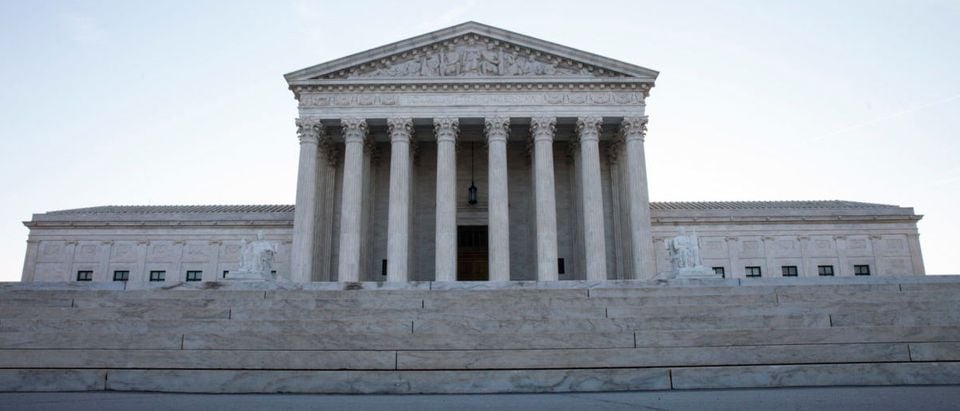The Supreme Court ruled Wednesday that the United States does not have the authority over what a foreign country does with its citizens’ property after the heirs of Jewish art dealers alleged their ancestors’ art was purchased by the Nazi government through coercion.
The religious art collection, Welfenschatz, was sold at a modern-day value of $20 million dollars but descendants claim it was worth significantly more, The New York Times reported. The descendants of the art dealers who sold the collection argued that it was forcibly purchased at a low price through intimidation from the Nazi government, violating international law.
The collection is now partially owned by the German government.
The ruling examined exceptions under the Foreign Sovereign Immunities Act (FSAI), which forbids lawsuits against foreign states and would otherwise grant the German government immunity in American courts. (RELATED: German Foundation Compensates Heirs Of Nazi Victim On Holocaust Remembrance Day)
In their lawsuit against the German government, the descendants claimed that Germany’s purchase of the Welfenschatz was made during a genocide and therefore due to the methods through which it was purchased, it should be returned.
The German government prevailed at the Supreme Court today in a dispute over a medieval art collection high Nazi officials extorted from Jewish dealers. But the Court left an alternative path open for the plaintiffs to obtain restitution. #SCOTUS https://t.co/NpFKSwwk1m
— Kevin Daley ???? (@KevinDaleyDC) February 3, 2021
The heirs argued that the taking of their art violated international law due to its occurrence during a genocide and therefore the German government does not have protection under FSAI, according to The New York Times.
In a unanimous decision, Chief Justice Roberts wrote for the court, “A statutory phrase concerning property rights most sensibly references the international law governing property rights, rather than the law of genocide. The heirs’ position would arguably force courts themselves to violate international law not only by ignoring the domestic takings rule, but also by derogating international law’s preservation of sovereign immunity for violations of human rights law.”
The ruling decided that the sale of the art did not fall under an exception of FSAI and that if the court sided with the heirs, they would violate the “domestic takings rule,” an international law that grant countries protection from foreign governments over what it does with it citizens’ property.


